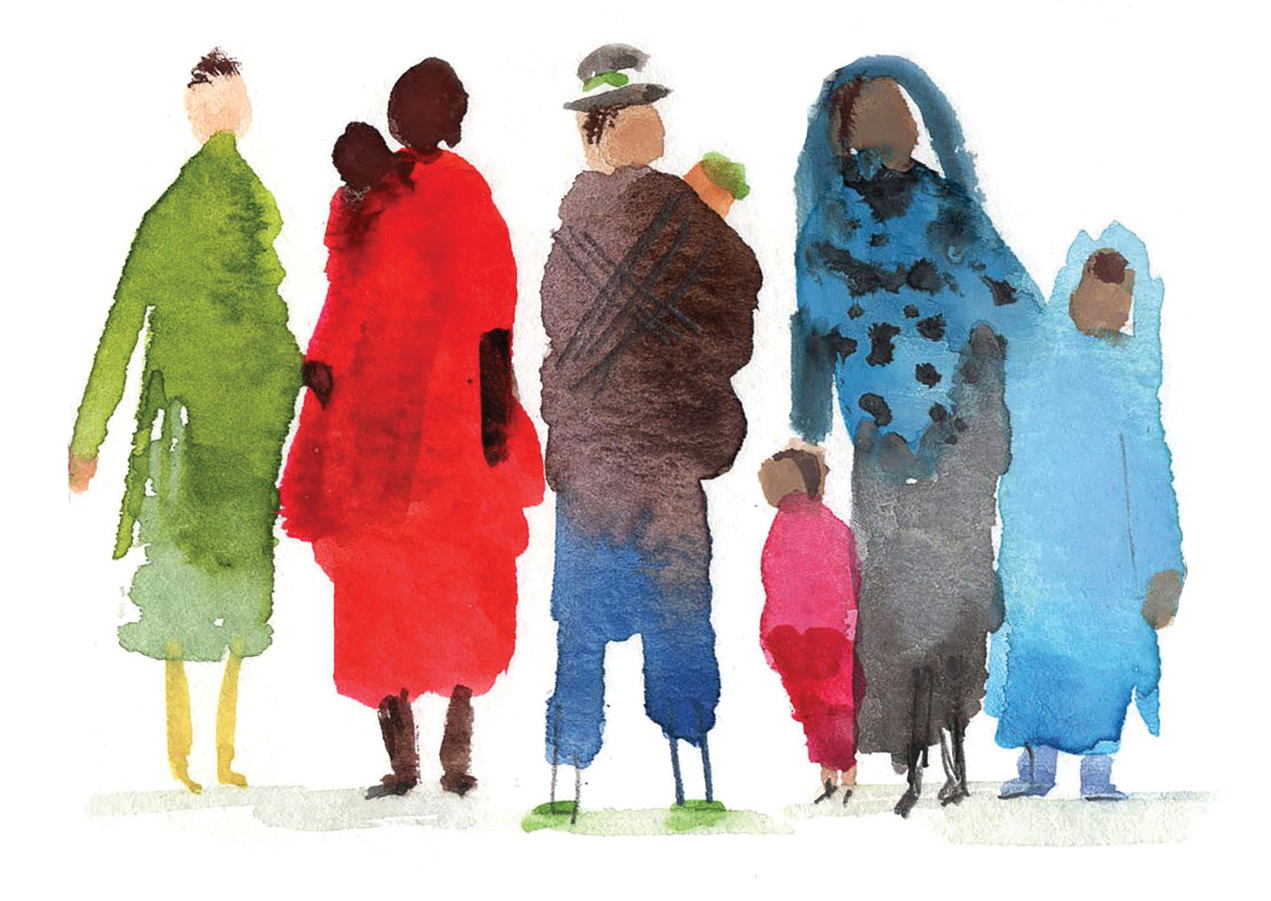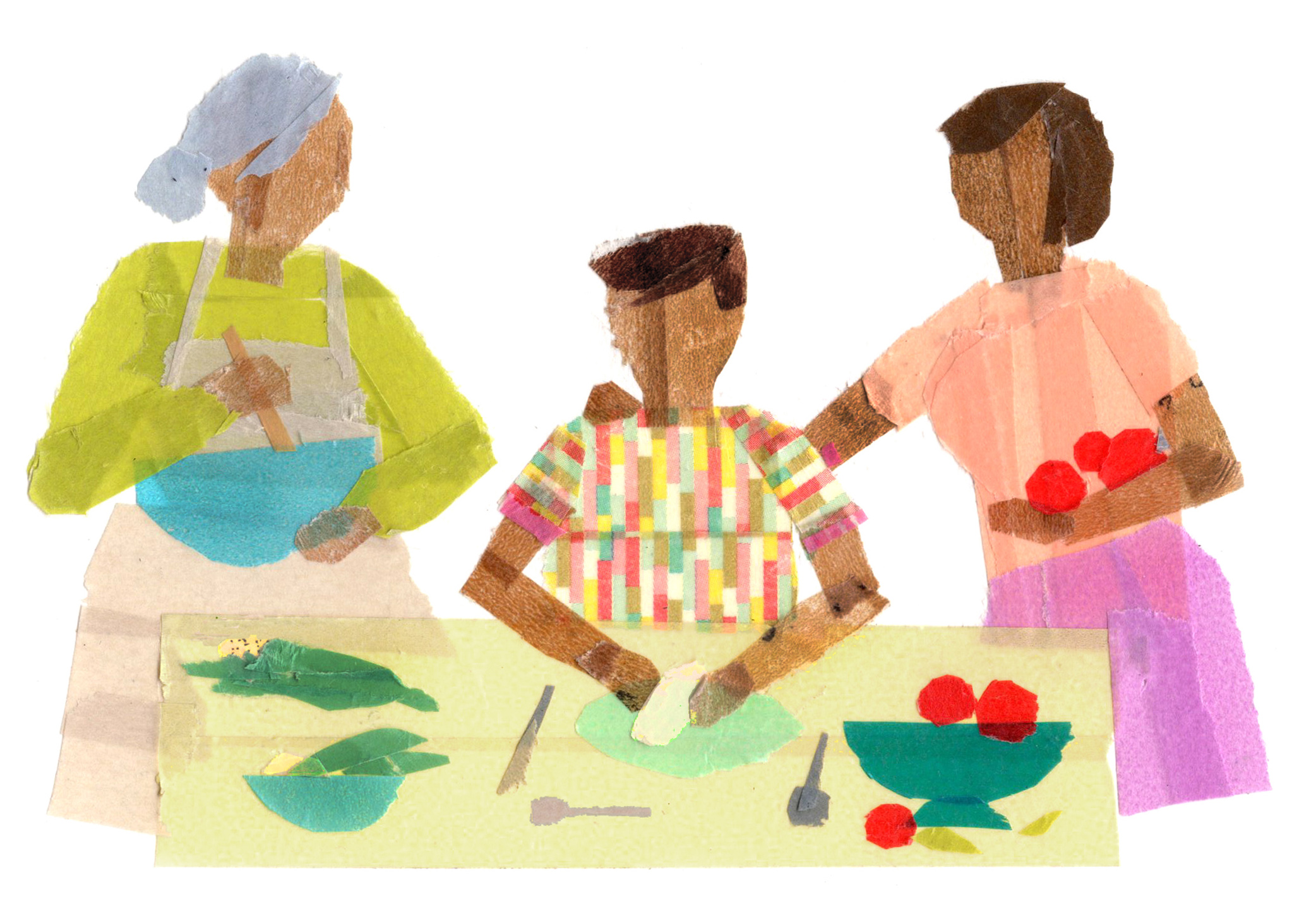
what we fund
Investing in Health, Well-Being, and Opportunity
Read More
Our work is to guide and support young people as they find their path, develop critical decision-making skills, and foster positive relationships that will enable them to grow into healthy, hopeful, and contributing adults in our state. By investing in programs and advocating for policies that address health and social inequities, we work to create a more equitable system for all young people, especially those most impacted by social factors that contribute to poor health outcomes. In short, we are bringing together a range of strategies to unlock the potential within every young person in Colorado.
Our six interconnected funding strategies are designed to advance our mission of creating equity in health, well-being, and opportunity for Colorado’s young people and their families.
Priority Populations for Funding
Young people ages 9-25 and their families
Adolescence is typically defined as the period when children begin puberty, marked by rapid physical and brain development until they reach adulthood, with a fully mature physique and brain. At Caring for Colorado, we define adolescence as ranging from ages 9 to 25.
Our primary focus is on prevention and early intervention to support the optimal health and well-being of young people. By concentrating on younger individuals, we aim to achieve key prevention goals. As such, our core focus is on youth, particularly those in middle and high school.
As young people transition into late adolescence, our priority is to support programs and organizations that serve those who are:
- Pregnant or parenting
- Aging out of the foster care system
- Rebuilding their lives after exiting the juvenile justice system
- At risk of homelessness
Recognizing that young people are part of family systems, we also focus on supporting the parents and caregivers of these youth.
Young people furthest from opportunity and experiencing the greatest health inequities
Our goal is to eliminate disparities in health, well-being, and opportunity for young people due to race and ethnicity, socio-economic status, stigmatized identities, or disabilities. We recognize that everyone has unique experiences, and it is essential to consider the intersectionality of identities and how these influence access to opportunities and privilege. Therefore, we apply an equity lens to our funding decisions, prioritizing the following populations of young people:
- Living in a low-income family or high-poverty community
- A low-income family is defined as living at or below 260% of the federal poverty level.
- A high-poverty community is defined as a county, municipality, or town where 18% or more of children under 18 live at or below the federal poverty level.
- People of color, including individuals from various racial, ethnic, and cultural backgrounds not identified as white
- 2SLGBTQAI+ individuals (Two-Spirit, lesbian, gay, bisexual, transgender, queer or questioning, asexual, intersex, and other identities represented by the “+” sign)
- Living with a visible or invisible disability, including physical or intellectual disabilities or mental health conditions that create barriers to education, healthcare, or employment
- Pregnant or parenting youth under the age of 26, with the highest funding priority given to the youngest individuals in these groups
- Newly arrived immigrants or refugees
- Experiencing housing insecurity
- Involved in the child welfare or juvenile justice system
- Experiencing family separation and instability due to parent involvement in the justice or immigration system
- Experiencing interpersonal or family violence or abuse
- Being raised by grandparents or other caregivers
Rural communities
Rural communities working to address health inequities for young people will receive high priority in Caring for Colorado funding decisions due to resource constraints in rural communities, such as lack of transportation, inadequate or aging infrastructure, workforce shortages, lack of a robust tax base, and other barriers.
Other considerations
Other community health indicators will be considered when making decisions regarding grant awards. These indicators should demonstrate significantly increased needs within communities to be prioritized for funding. Income and race/ethnicity characteristics may not be part of the consideration, depending on the severity of the need. These indicators include, but are not limited to the following:
- Rates of child abuse and neglect
- Rates of out-of-home placements of young people
- High school graduation rates
- Adolescent pregnancy rate, especially for adolescents under 19
- Adolescent suicide rate
- Adolescent homicide rate
Our Funding Priorities
Our six interconnected funding strategies are designed to advance our mission of creating equity in health, well-being, and opportunity for Colorado’s young people and their families.

Youth Health and Well-Being
Supporting young people, strengthening families, and building youth-centered communities.

Reproductive Health Equity
Expanding and improving sexual health and reproductive equity across Colorado.

Caring for Pueblo County
Elevating the power of people and place to create equity in Pueblo County.

Youth Mental Health in Schools
Supporting the social, emotional, and mental health needs of public-school students.
Improving State and Local Policies
Achieving health equity for young people by advancing public policy solutions.

Economic Opportunity for Young People
Investing in solutions for affordable housing, economic development, and accessible transportation.
Search Our Grants Database
Learn more about Caring for Colorado’s past grants.
Apply for a Grant
See grant funding opportunities, learn how to apply, and more.
Frequently Asked Questions
Review general information about our work, what we fund, and how to apply.
